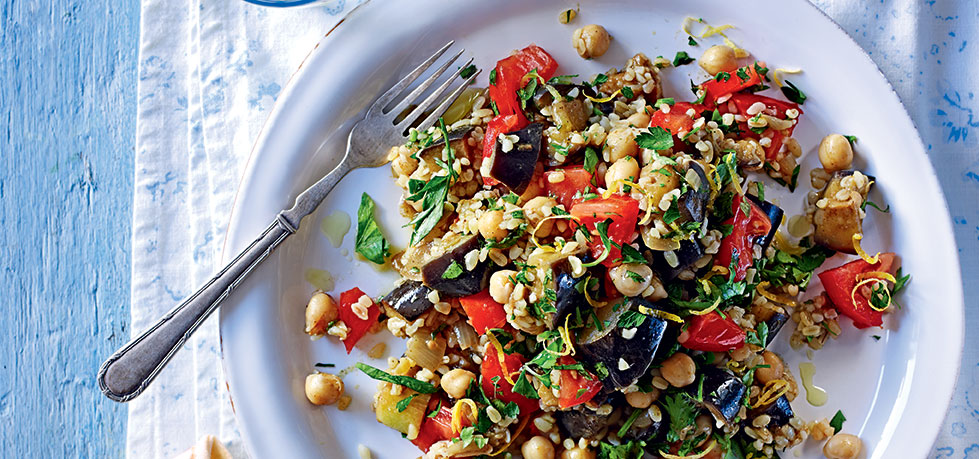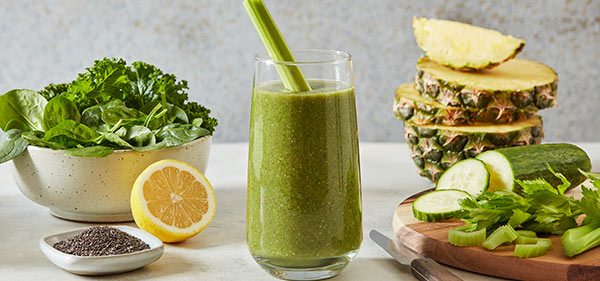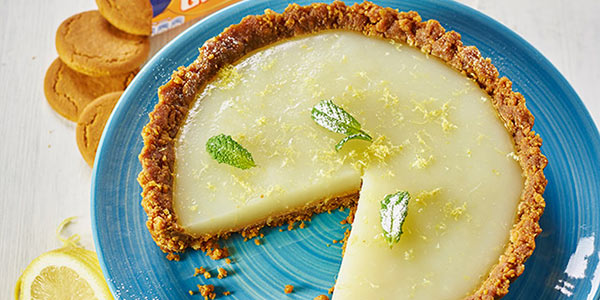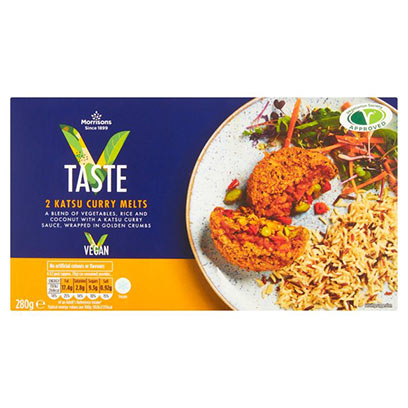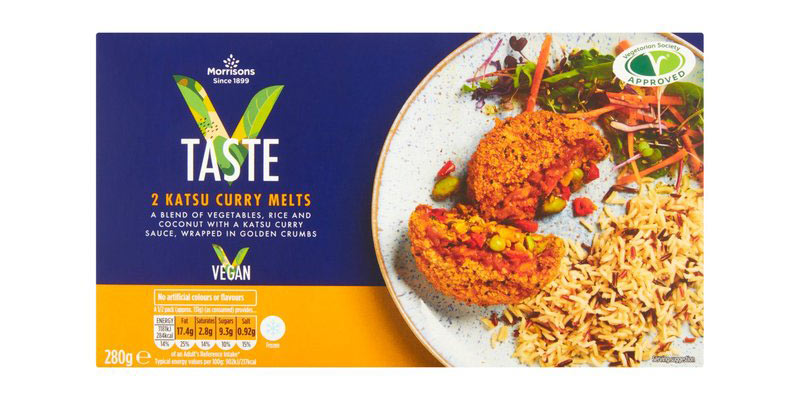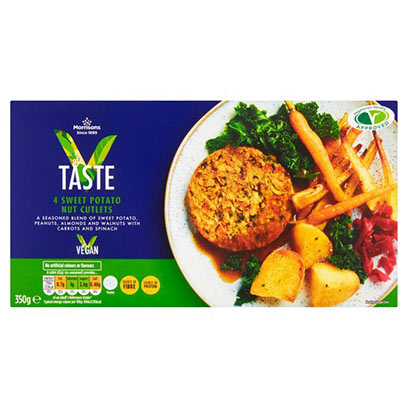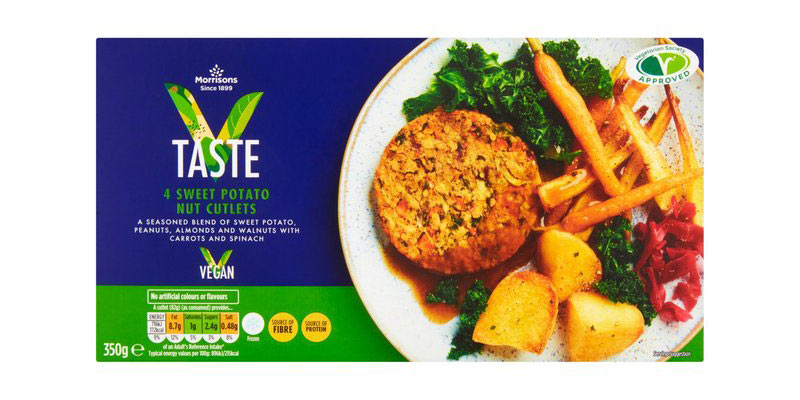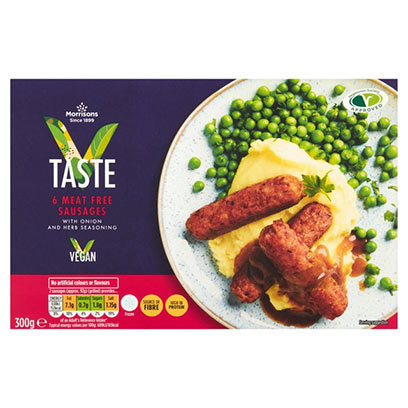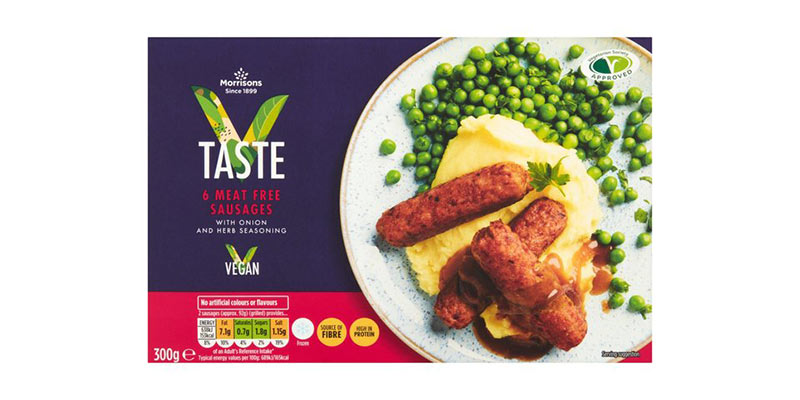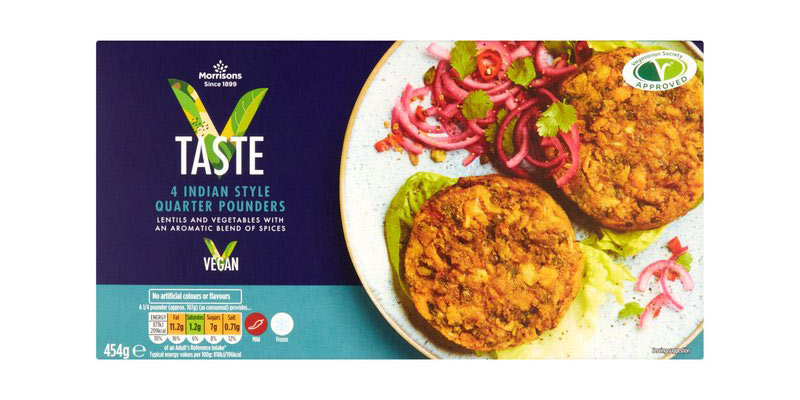Choosing a vegan lifestyle is becoming a more and more popular option. In this blog, we provide tips and ideas to help you maintain a balanced diet when switching things up.
Here, you'll find top tips for going vegan, including recipe and product ideas and the vitamins and nutrients you’ll need to make sure you’re getting enough of.
What do vegans eat?
A vegan diet means no meat or other foods that contain animal products. So that means no eggs or dairy either. Vegans often eat:
It can be hard to maintain the right levels of nutrient intake when your meals are based purely on plant foods and your diet is completely animal product-free, however, help is at hand, because here are our top tips on how to get the nutrients you need from vegan-friendly ingredients.
Vitamin B12
Vitamin B12 is found naturally in animal food sources, so ensuring that you get enough vitamin B12 in your diet is essential as it’s not found in plants. Vitamin B12 helps your immune system work normally and can reduce tiredness. Vegan sources of B12 can be found in fortified products like cereals, spreads or milk alternatives. Nutritional yeast flakes are often used as a cheese substitute due to their creamy, nutty and cheesy taste and are also a source of vitamin B12.
Protein
Alternative sources of protein include tofu, beans and pulses, chickpeas, soya milk and plant based yogurts.
Try our Aubergine and Chickpea Salad Recipe here >>
Omega 3 and Omega 6 Fats
Good sources of these nutrients include chia seeds, walnuts, hemp seeds, ground linseeds and using vegetable oil (rapeseed) as one of your cooking oils. Omega 3 is important in the diet in order to keep your heart working healthily.
Calcium
Calcium can be found in set tofu and bread with added calcium. Calcium can also be found in leafy greens like spinach, pak choi, okra, chia seeds and almonds. Did you know that calcium helps turn food into energy as well as helping keep teeth and bones healthy and normal?
Vitamin D
It’s recommended that we take a 10mcg supplement of vitamin D a day - be careful when taking a vitamin D supplement as not all are vegan friendly. Vitamin D helps regulate the amount of calcium and phosphate in the body. These nutrients are needed to keep bones, teeth and muscles healthy and normal.
Vitamin K
Vitamin K is made in plants and can be found in kale, Brussels sprouts, cabbage, broccoli, spinach and spring greens. Vitamin K is important to include in your diet to help keep bones healthy and normal and to help blood clot normally.
Try our green smoothie recipe >>
Iron
Good sources of iron include lentils, beans, chia seeds, hemp seeds, ground linseed, kale and fortified breakfast cereals. Iron is important in the diet as it helps turn food into energy and helps your immune system to work normally.
Zinc
Good sources of zinc include walnuts, cashew nuts, pine nuts, pumpkin seeds, wholemeal bread and quinoa. Did you know that zinc helps your body to process the nutrients in your food and helps keeps your skin, hair and nails healthy and normal?


